A friend of mine thinks that “discipline” is more important than “willingness” in effecting personal and/or communal change. Discipline he says, is what gets my “willingness” into action, onto my feet, my knees, into the kitchen or out the door, each day. Even/especially when I don’t feel like it.
I remembered his counsel, as I “accompanied in solidarity” a delegation of Canadians going to the long anticipated Synod which began in Rome on October 4th. The eight women and one man who constitute this delegation are members of the Catholic Network for Women’s Equality (CNWE), of which I also am a member. CNWE has been involved in the Synod process from the beginning.1 And when the time came, these nine chose to be present in Rome, as an “extramural delegation”

That is to say, they were not “official delegates”. However, they were certainly a part of the synodal process. As they gathered with women from all over the world outside the Vatican, they highlighted by their presence that women make up half the church. “We are here” they said. “We are ‘imago Christi’” they said. “We represent Christ in every essential way, sharing a common humanity and participating in divine grace” they said. “We too share the blessings of being human, and the power of baptism” they said.2
This “CNWE Nine” have received significant coverage in the Canadian press (and in some international press!).3 All were excited and happy going to Rome. They also had to rearrange their lives, “show up” in Rome, and take part in a rigorous schedule of actions and meetings that meant long days and short nights. As my friend would say, they practiced discipline with joy, and gave flesh to their willingness.
A world away, in Winnipeg, the opening day of the Synod was a cold, grey, rainy/windy day. Undaunted, a small group who also practiced discipline with joy, gathered, in solidarity with the CNWE delegation, to pray at the grave of Cardinal George Flahiff, a former bishop of Winnipeg and steadfast advocate for women.

In 1971, Cardinal Flahiff spoke to a future he saw that is still unfinished today. He said:
Texts of Vatican II … made categorical statements against all discrimination against women in the church. But … many … find that no notable effort has been made to implement this teaching … The bishops of Canada invited highly qualified representatives of Canadian Catholic women … to discuss the question … In a General Assembly … the Episcopal Conference of Canada almost unanimously adopted the recommendation which in the name of the same conference I hereby submit to this synod:
That a representative of the Canadian Catholic Conference urge the forthcoming Synod of Bishops to recommend to the Holy Father the immediate establishment of a mixed commission (that is, composed of bishops, priests, laymen and laywomen, religious men and religious women) to study in depth the question of the ministries of women in the Church.4
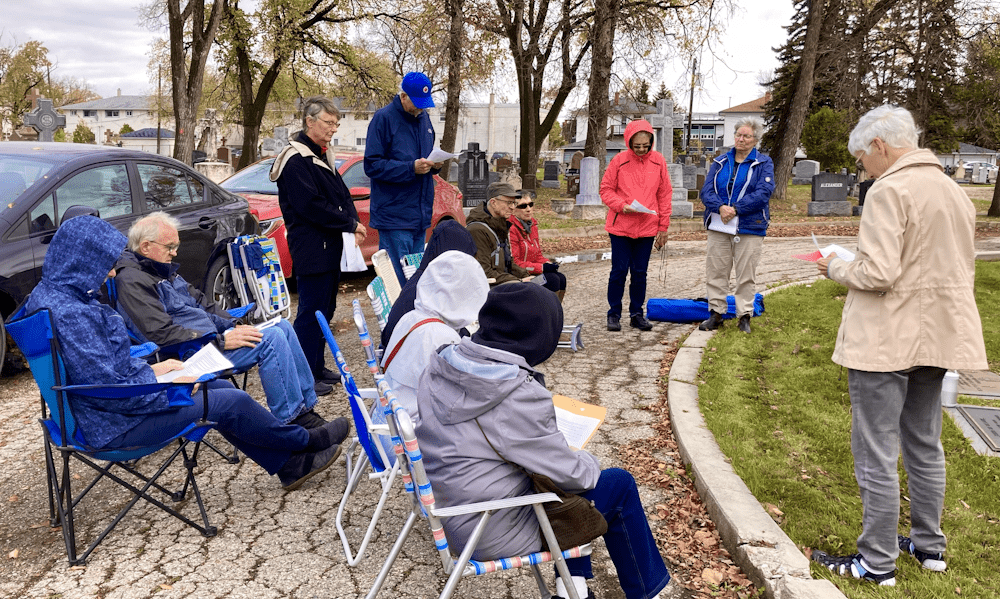
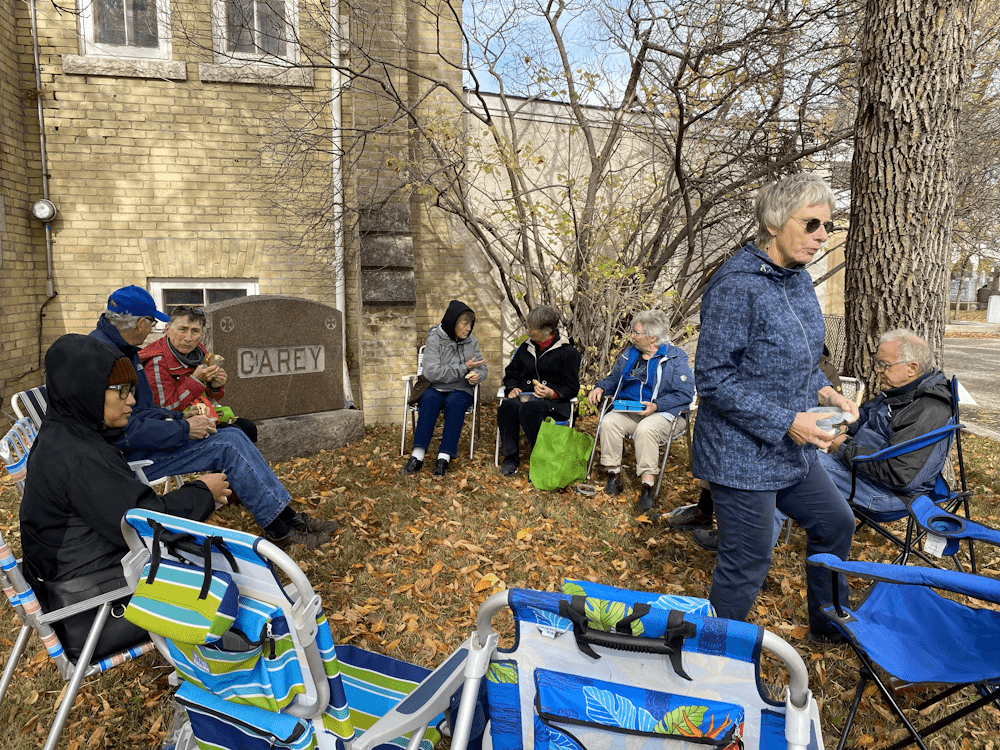
Then today, as I was writing this reflection, another sign of hope came across my path in these poetic words:
More and more I have come to admire resilience.
Not the simple resistance of a pillow, whose foam
returns over and over to the same shape, but the sinuous
tenacity of a tree: finding the light newly blocked on one side,
it turns in another. A blind intelligence, true.
But out of such persistence arose turtles, rivers,
mitochondria, figs — all this resinous, unretractable earth.5
There are and will be signs …
1 See the CNWE website: https://cnwe.ca/cnwes-summary-report-to-the-vatican-synod-on-synodality/
2 An adaptation of Elizabeth Johnson’s words.
3 Many of those articles are available at: https://cnwe.ca/
4 “At a meeting of the Canadian Catholic Conference in spring of 1971, sixty-five of Canada’s seventy-five bishops met with sixty women in a dialogue workshop on the status of women. A set of recommendations were submitted to the hierarchy for consideration and were accepted in principle 64 to 1. The recommendations were the following:
(1) Declare clearly and unequivocally that women are full and equal members of the church, with the same rights, privileges and responsibilities as men.
(2) Make strong immediate representations to the forthcoming synod of bishops, asking that all discriminatory barriers against women in canon law and tradition be removed.
(3) Ordain qualified women for the ministry,
(4) By whatever means deemed appropriate, encourage the presence of qualified women on all bodies dealing with matters which concern all church members.
(5) That all practical measures be taken to ensure that the attitude of the clergy toward women, sexuality and marriage respect the inherent dignity of women.”
5 Jane Hirshfield “Optimism” from Each Happiness Ringed by Lions: Selected Poems (Bloodaxe Books, 2005)
Veronica Dunne is a Sister of our Lady of the Missions (RNDM), who has primarily worked as an educator and counsellor in institutional and community based settings in Canada. She has also served with the RNDMs outside of Canada in Senegal, Peru, and Aotearoa New Zealand.
A 2002 Doctor of Ministry graduate from the University of St. Michael’s College, Toronto School of Theology at the University of Toronto, she subsequently served as director of the Doctor of Ministry program at St. Stephen’s College at the University of Alberta in Edmonton. Her current research interests are in eco-theology and cosmology, and their intersections with indigenous cosmologies and spiritualties.
She presently serves on the RNDM leadership team in Canada.

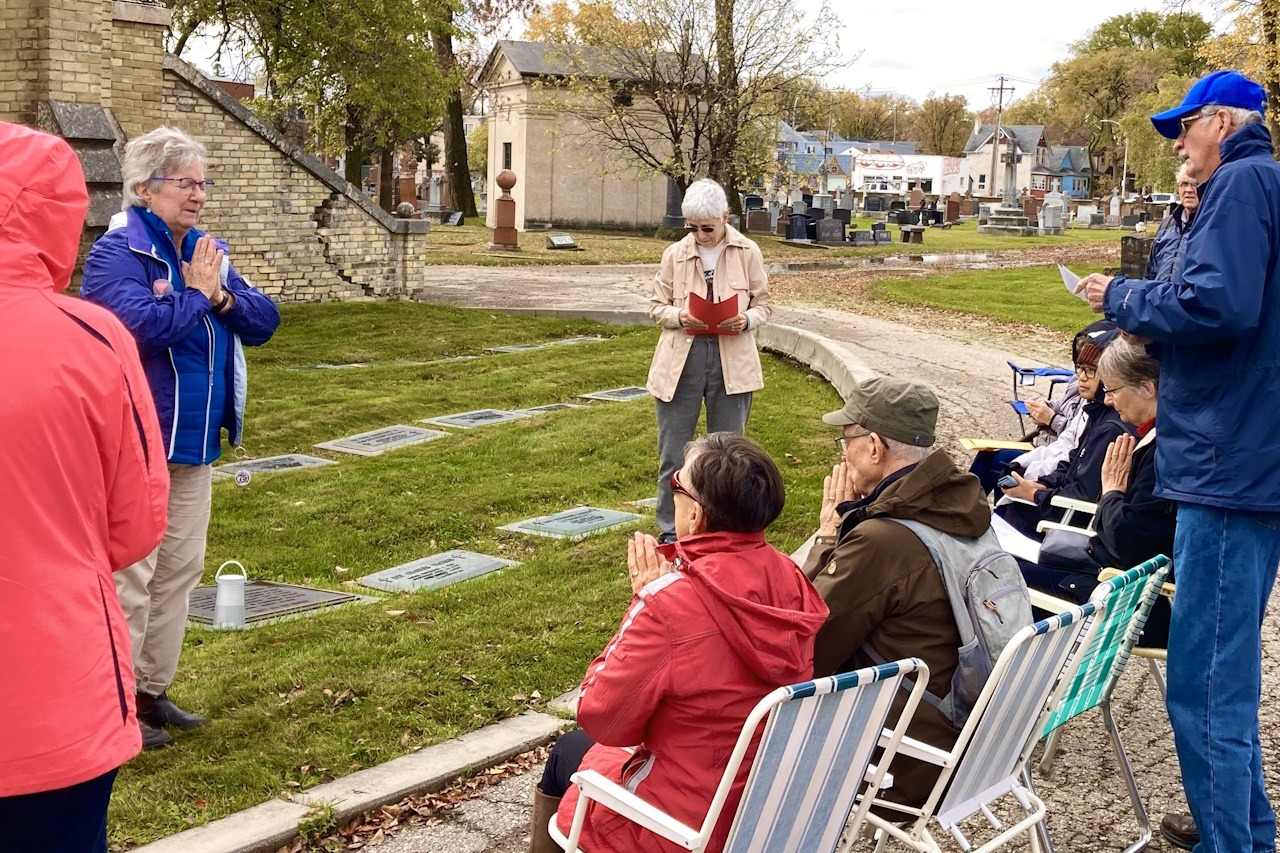

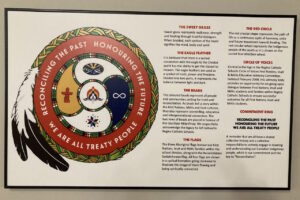
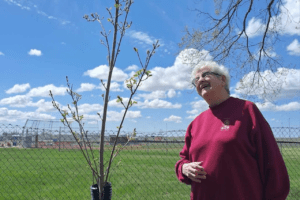
Wonderful! So encouraged and proud to be a member of CNWE!
This reflection brought me to tears of hope and gratitude, Veronica. Thank you for your discipline and willingness and for sharing the fruits of these with us! A teaching to ponder and nurture…